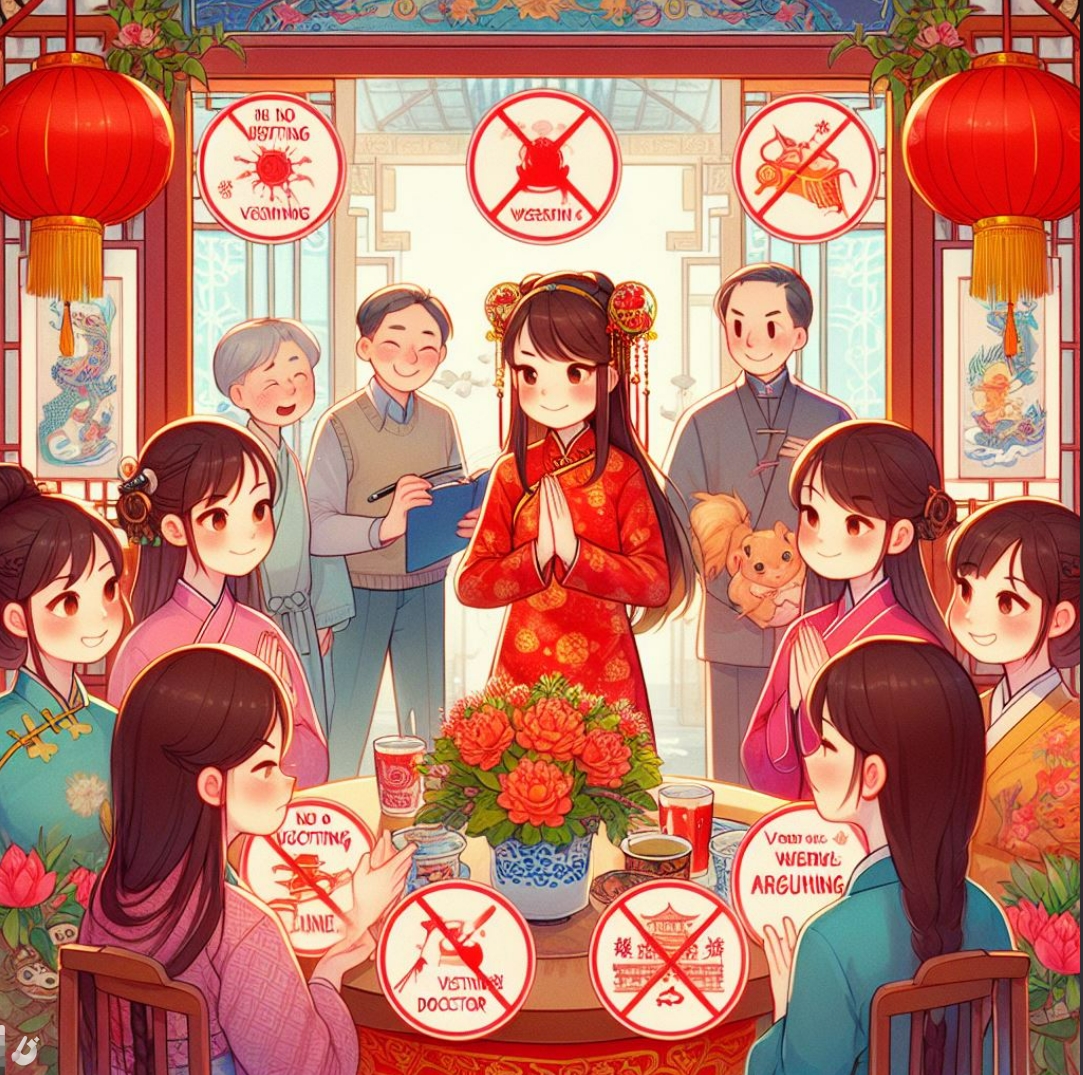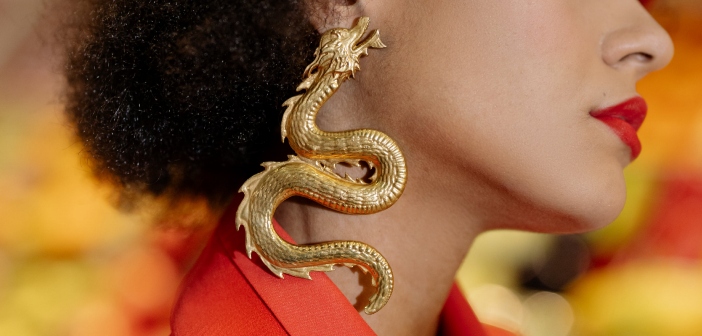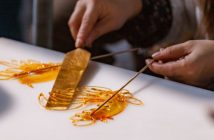There’s a whole lot to know if you’re going to celebrate Chinese New Year properly, and this year I plan on doing everything by the book and sticking as close to tradition as possible, partly to teach my little girl this side of her heritage and partly to finally satisfy the curiosity I’ve had for it all these decades. So, join me as I explain every Chinese New Year tradition that’s about to take over the city.
Search #JingkidsCNY to find more articles on this topic.
I’m sure you’re aware of the many Chinese traditions, customs and superstitions. The number 4 being unlucky because it sounds like the Chinese word for death is a common one. After some digging, however, I found that on and around the time of Chinese New Year the number of superstitions practically doubles.
All the preparations and decorating leading up to the Chinese New Year aim to serve one purpose: to usher in good luck. It’s only natural that there would also be a bunch of things that one shouldn’t do to avoid ushering in bad luck.

So, what are some of the taboos?
Sweeping and Cleaning: Sweeping or cleaning the house on Chinese New Year’s Day
Chinese tradition dictates that sweeping the house on the first day of the Lunar New Year might sweep away good luck and fortune. It’s advisable to perform thorough cleaning before the festival, symbolizing the removal of old energy and making room for positive vibes.
Breaking Objects: Breaking things during the festival
Breaking objects, whether intentionally or accidentally, is considered an ill omen during Chinese New Year. It’s believed to shatter good fortune and may bring about misfortune throughout the year.
Lending and Borrowing Money: Borrowing or demanding debts during the festival
Settling debts before the Chinese New Year is a cultural norm. Initiating discussions about money matters during the celebrations is seen as inauspicious, as it may carry financial burdens into the new year.
Using Unlucky Words: Using words associated with negative connotations
Words related to death, illness, or other negative outcomes are to be avoided during the festivities. Instead, people choose positive expressions that foster good fortune and happiness.
Visiting the Doctor: Visiting the doctor during the festival
Seeking medical attention on Chinese New Year’s Day is generally avoided. It is believed that falling ill or encountering health issues on this day may lead to a year of poor health.
Wearing Black or White: Wearing black or white clothing
Black and white might look chic but they’re colors that are traditionally associated with mourning and funerals. Wearing these colors during the New Year celebrations is considered inauspicious. Stick to vibrant and auspicious colors like red and gold.
Taking Medicine: Taking medicine during the festival
Taking medication on Chinese New Year’s Day is avoided unless it’s absolutely necessary. It’s believed that doing so may result in being “ill” throughout the year.
Quarreling: Engaging in arguments or quarrels
Maintaining a harmonious atmosphere is important during the festival. Arguments and conflicts are considered unlucky and should be avoided to ensure a smooth and peaceful transition into the new year.
So, as families come together to celebrate Chinese New Year and you visit your local friends’ homes to join in on the celebration, keep the energy positive and have fun. While some practices may seem superstitious, they contribute to the rich tapestry of Chinese New Year customs, adding depth and meaning to the festivities.
Images: Bing, Pexels




